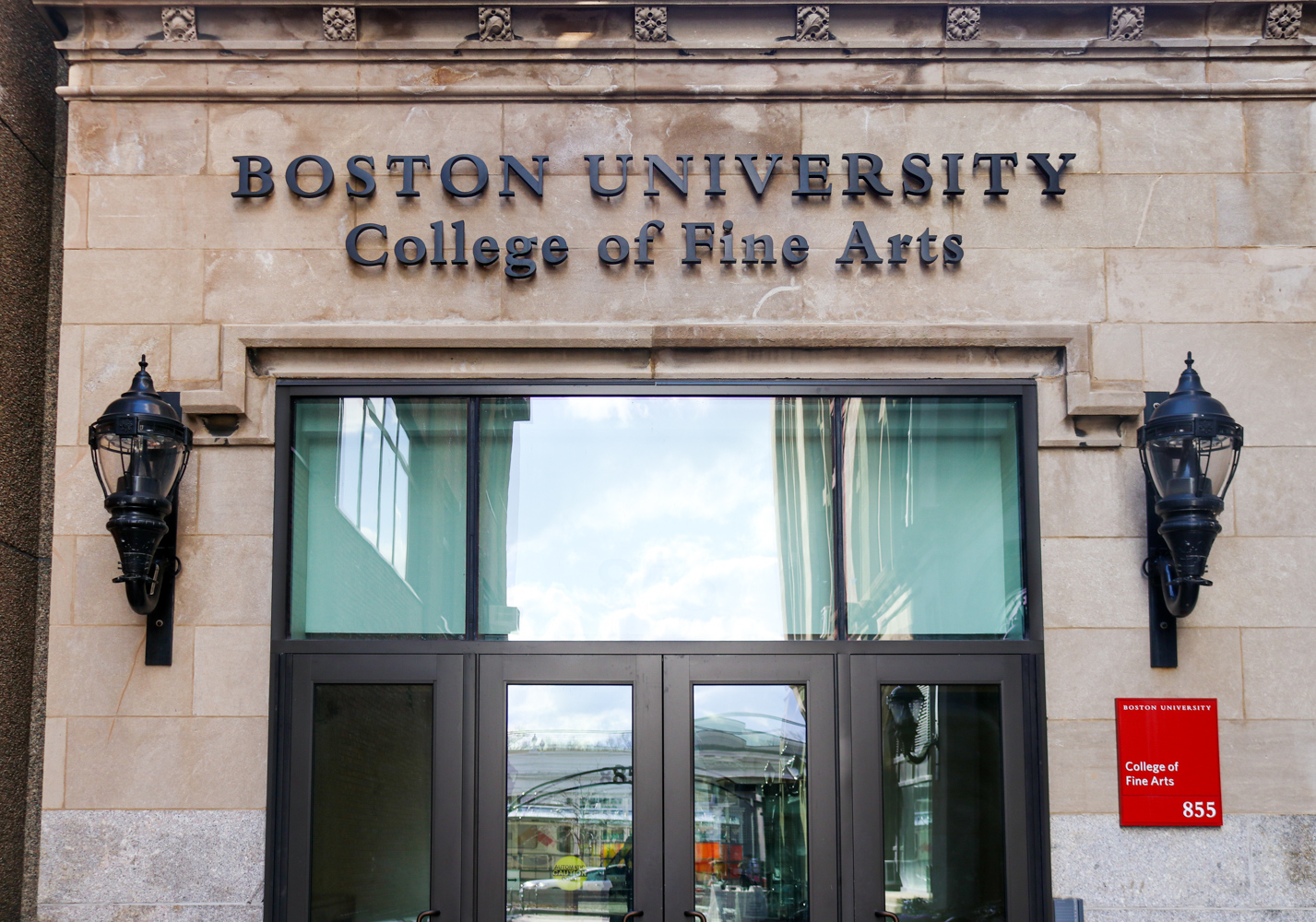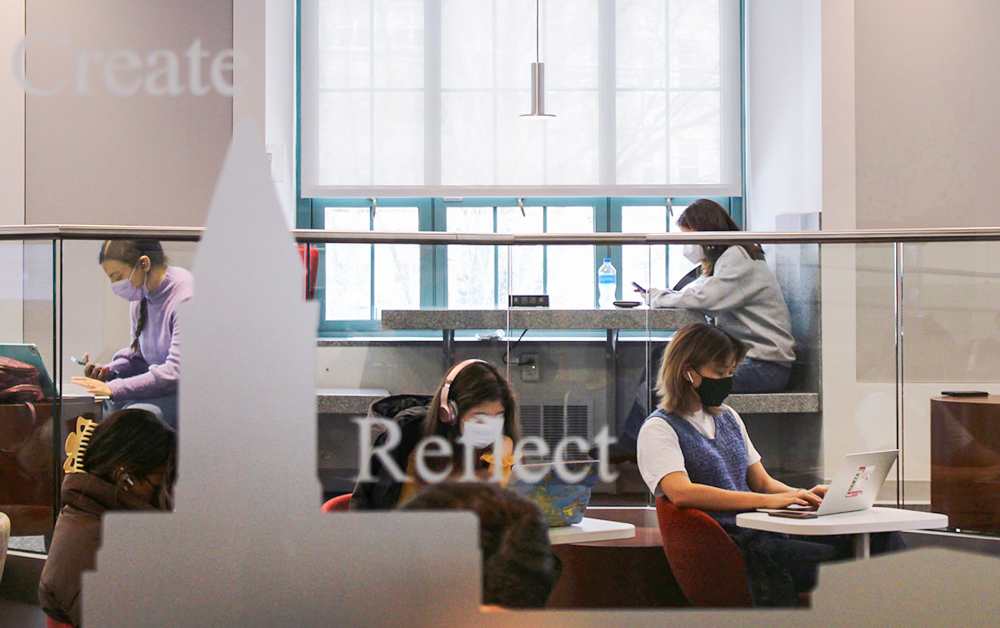Democrats in the U.S. House of Representatives rejected a Republican bill Thursday that would have granted 55,000 green cards to graduate students pursuing degrees in the science and technology fields at the expense of visas given to lesser-educated foreigners, according to the Associated Press.
International students constitute 18 percent of the Boston University student population, according to the International Students and Scholars Office.
“This news is kind of discouraging, but I suppose everyone has to find his or her own way,” said Bin Sun, a student in the Graduate School of Management, from China. “It is hard, but it is possible to do without help.”
Petros Kasfikis, a junior in the College of Communication, originally from Greece, said he is lucky to have a green card, but would still like to be guaranteed enough time in the U.S. to study.
“I have been three years here in America and in two years I hope to take the test to become a citizen,” he said. “It would be so much easier to work and learn if I am a citizen — no stress.”
Democrats supported allowing more talented foreign students to obtain green cards, but did not want to do so in exchange for other students who are seeking residency, according to the Associated Press on Thursday.
“I am disappointed,” said Jeanne Kelley, director of the ISSO. “The bill would have helped grow the economy and strengthen job creation by enabling U.S. employers to more easily hire the talent they need to build a competitive and innovative future workforce.”
Kelley said 20 percent of graduate students at BU are in the science or technology fields.
School of Medicine graduate student Masami Tabata, who originated from Japan, said she only applied for a student visa when she came to the U.S. for her undergraduate education. However, she said student visas only last five years, so she has to reapply while she is studying at BU.
“It is disappointing because we work so hard to get here and work for a degree that we basically have to pay for, and I know I am lucky to get to come here even though I have so many student loans,” Tabata said.
While the rejection of this bill might be disappointing, it does not affect the status of current undergraduate or graduate students, said Irving Bigio, a professor of graduate students in the College of Engineering.
“The issue doesn’t really concern current students,” he said. “It is what happens after they graduate. This country invests so many of its tax payers’ dollars into the education of international students, and then to deny them a chance to become part of our work force because of documentation is a disservice to the country.”
The failure of the bill eliminates what could have been a very successful way to retain international graduates from American universities for the domestic workforce, he said.
Kelley felt certain that this would in no way affect the quality or total enrollment of undergraduate or graduate students here at BU.
“I think the current legislation is holding out for something much bigger — a more comprehensive way to change the immigration system rather than just little hits,” Kelley said.































































































































